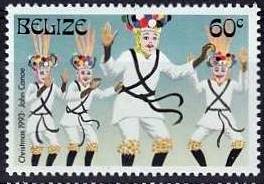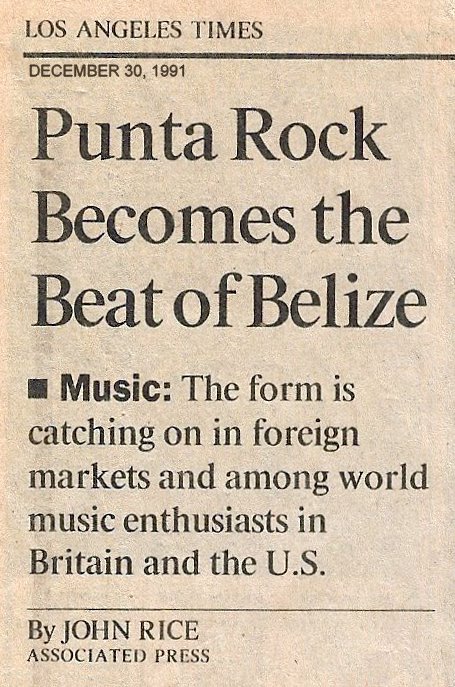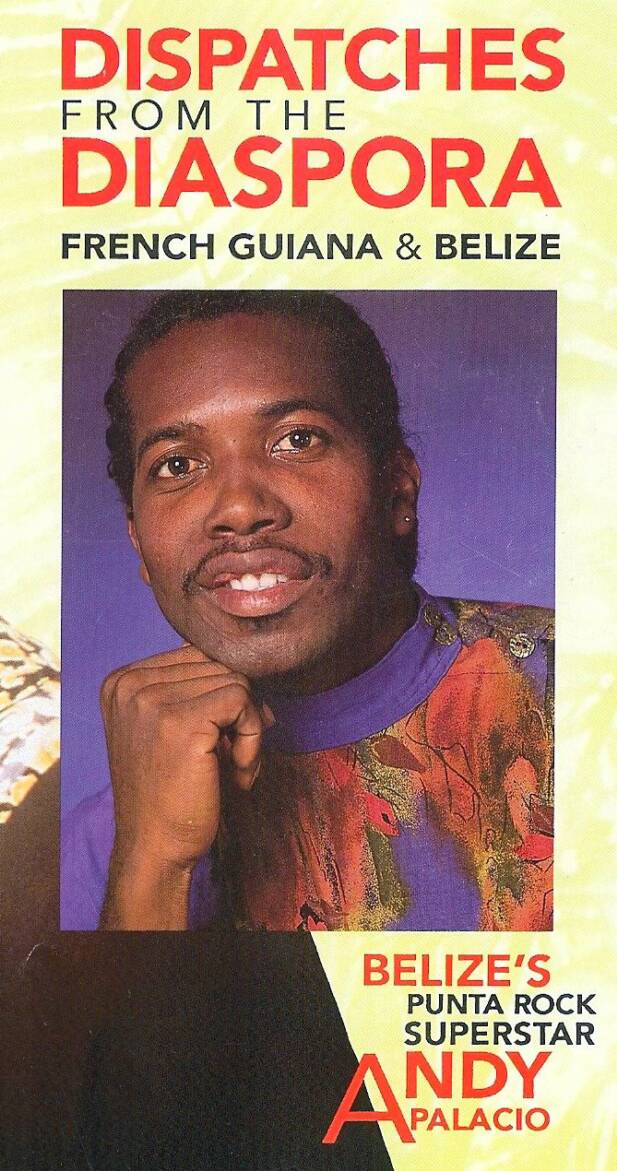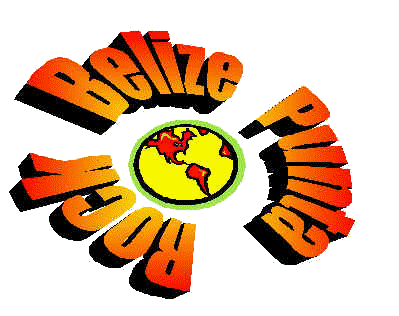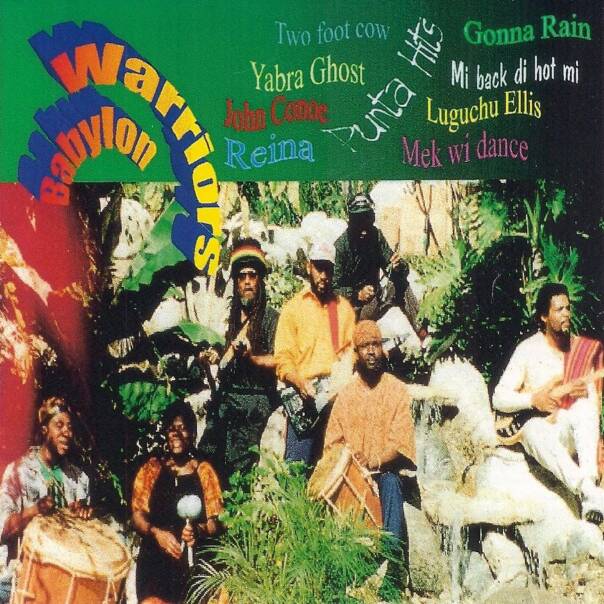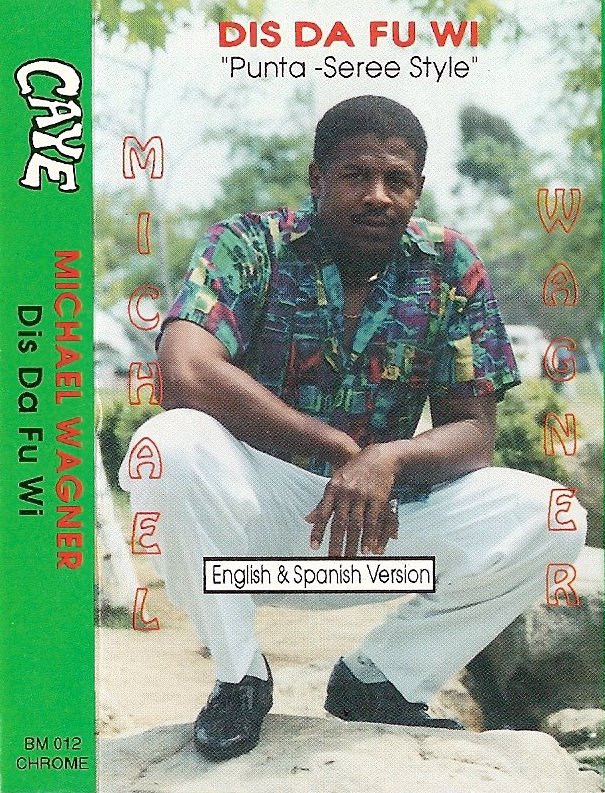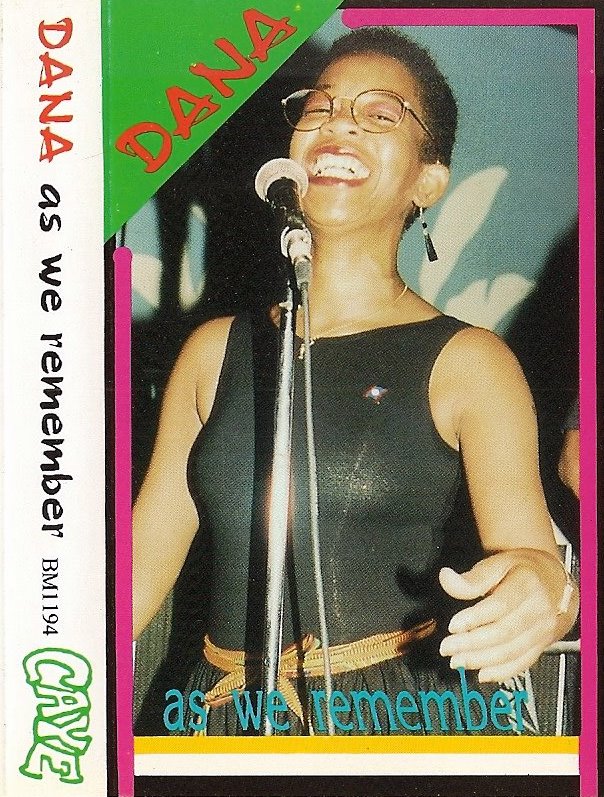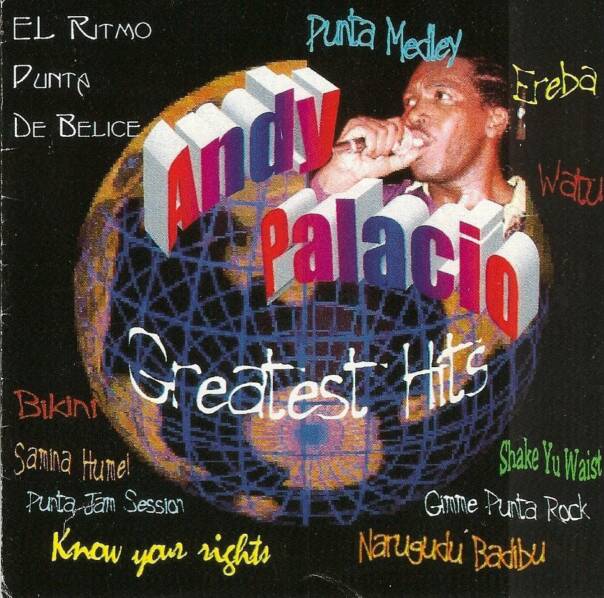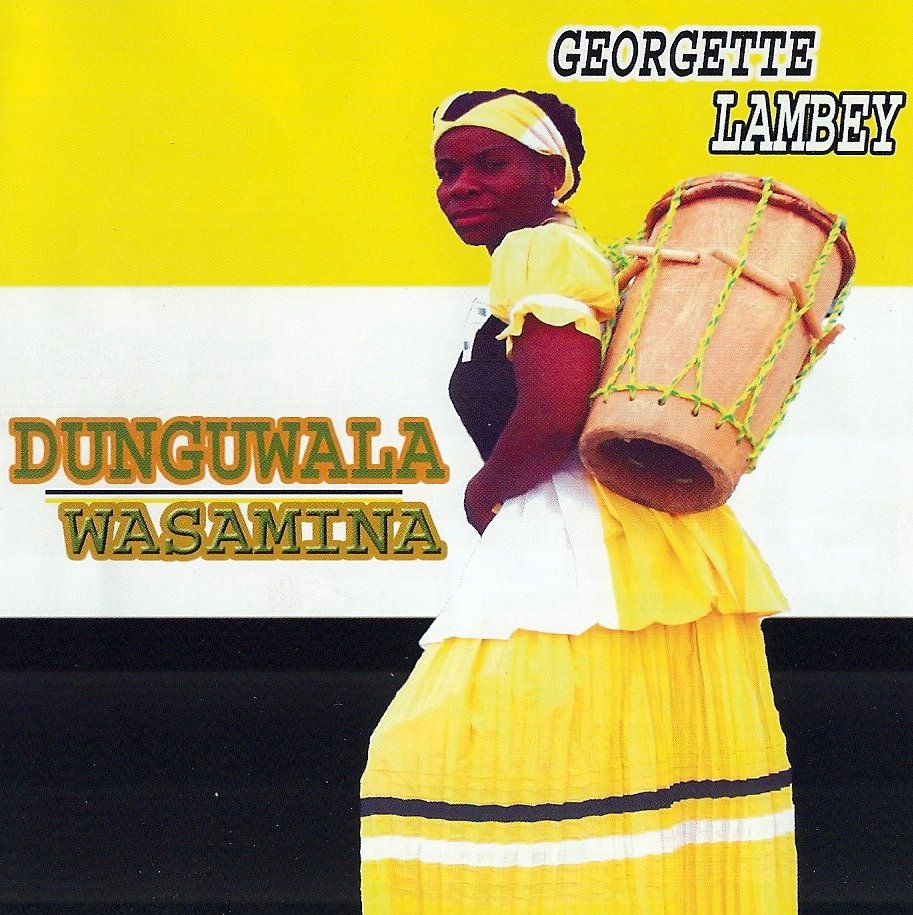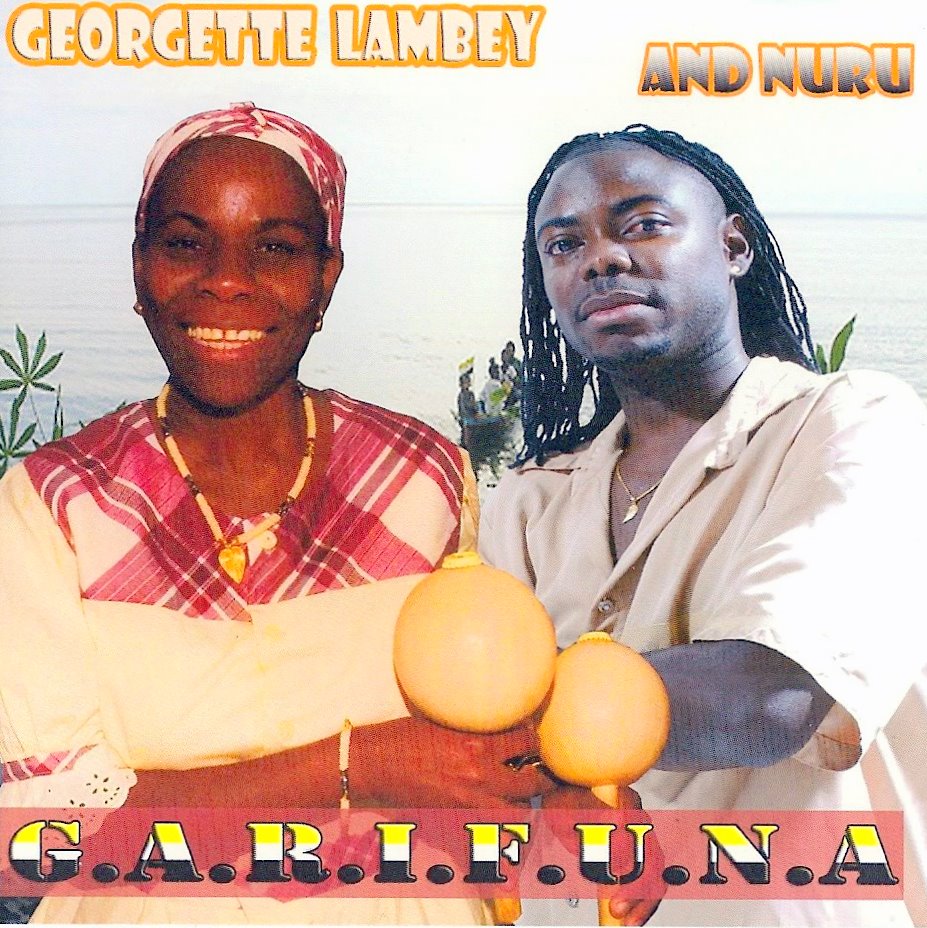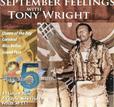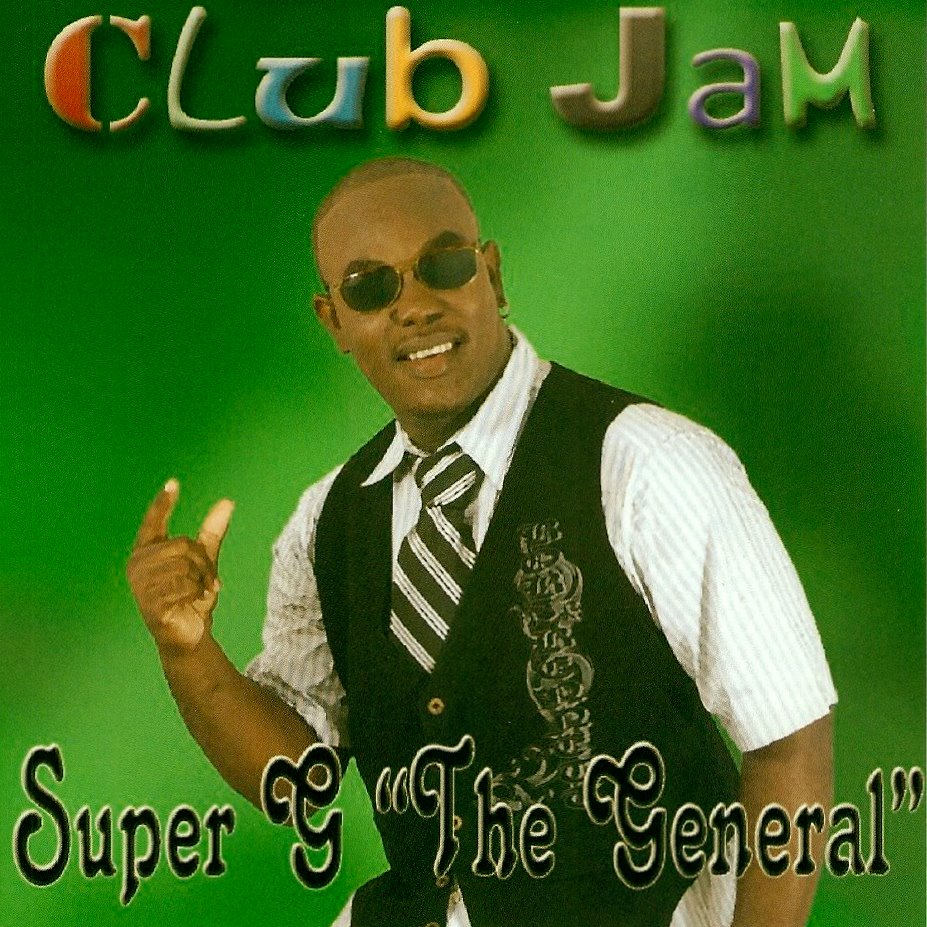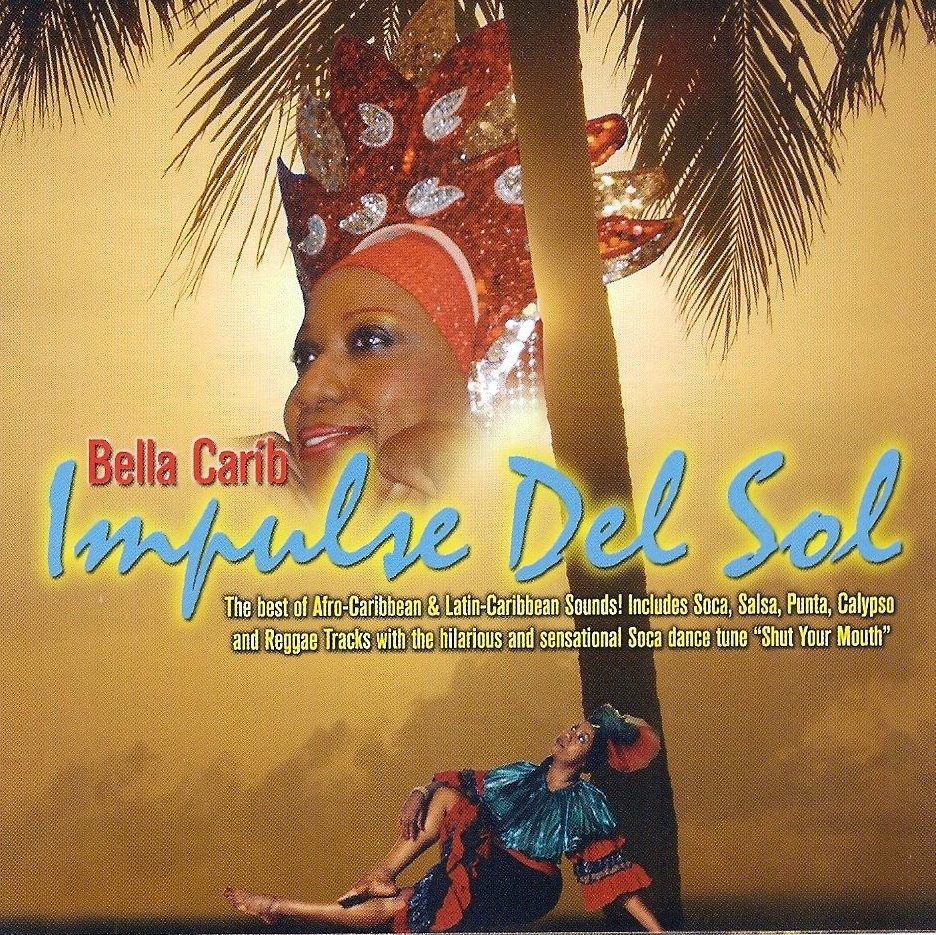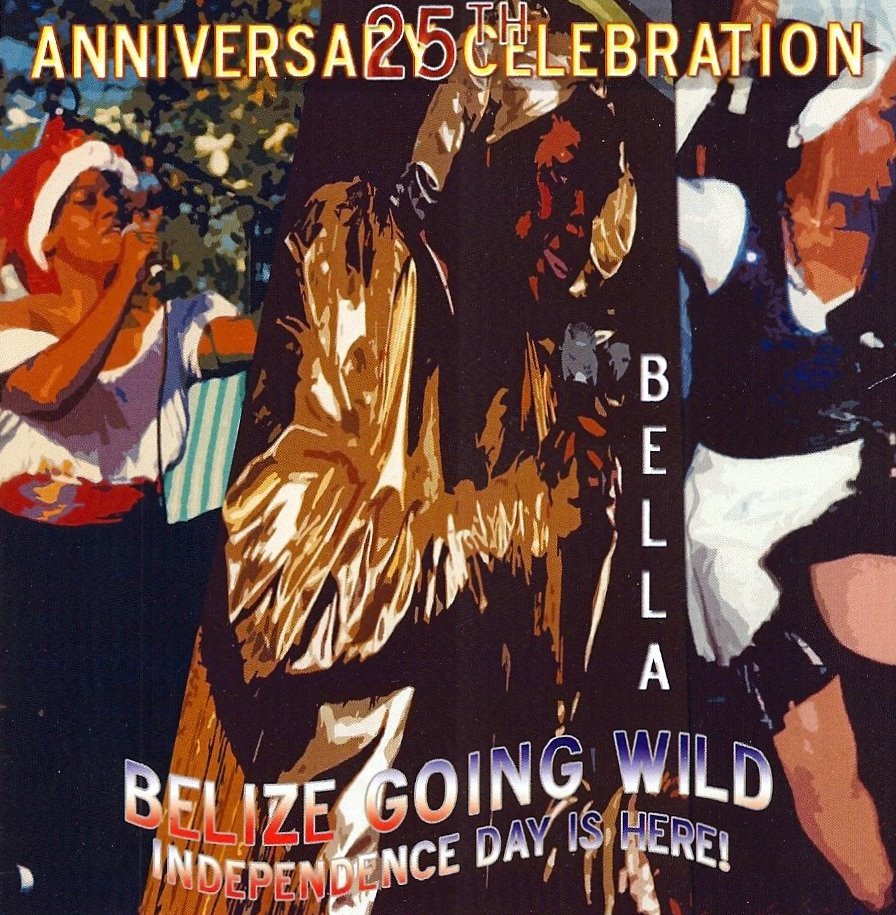To the Garifuna people of the Caribbean coast of Central America, it would seem as though Punta had always existed. Punta, in fact is a traditional Garifuna dance having its particular drumming and singing pattern. From listening to the music and watching the movements of the dancers one can easily conclude that Punta is undoubtedly one of several surviving cultural legacies once introduced into the early Island Carib society by Africans escaping slavery. The escaped Africans were welcome in the Carib communities. In fact, many of them intermarried with the aboriginal Carib/Arawak population giving birth to the hybrid culture of today's Garifuna (plural Garinagu).
While displaying distinctly African physical features the Garinagu speak Garifuna. This (according to anthropologists) is essentially an Amerindian language with occasional "borrowed words" which inevitably found their way into the language along with non-indigenous items and concepts from other cultures. Today, in addition to Garifuna, most Garinagu speak at least one other language (usually the official language of their native country).
Traditional Punta employs various elements of contrast. There are, for instance, several very popular songs but the composers remain virtually unknown. The music is very pleasing and danceable but the themes reflected in the lyrics are not always pleasant. Topics usually include misfortune, ridicule, sexual politics and disaster among others. These songs are usually composed by persons directly involved in particular real situations.
Punta is traditionally a communal exercise hence the call and response nature of the singing encourages active community participation. However it is the drumming that seems to characterize Punta. Garifuna drums, like African drums are made from hollowed tree trunks with cured and dried animal hide stretched over one end of the cylinder, fastened by ropes or vines and tightened with pegs. There are two basic kinds of drums: There is a low-pitched bass drum designed to keep a steady beat and a high-pitched treble drum usually played with a lot more energy and skill in order to provide the musical embellishments. Drummers place their Garifuna drums between the knees and beat them with the bare hands.
The maracas are the only other instruments utilized in traditional Punta.
Depending on the dancers and the circumstances, punta varies from gentle and graceful hip movements of dancers propelled towards and always from each other by "plowing" their toes on the floor, to erotic gyrations and "contact" Punta reminiscent of fertility dances performed in ancient cultures.
While punta continues to exist in its traditional form, innovative Belizean musicians have modified it with a modern commercial sound and dubbed it "Punta Rock. Danced in exactly the same way Punta Rock retains the aggressive beat and the vocal pattern of traditional Punta. However, Punta Rock involves more percussion, musical accompaniment and sophisticated arrangements.
This modern sound has gained wider acceptance and has consequently secured for Belize and Belizeans a unique musical identity. A new wave of Belizean composers, musicians and entertainers has emerged. What was once a traditional dance restricted to the rural Garifuna setting has now evolved into a raging dance craze burning up urban dance floors in Belize, Honduras, Guatemala, Mexico, New York, Chicago and Los Angeles, having successfully transcended ethnic and geographical barriers.
~~~~~~~~~~~~~~~~~~~~~~~~~~~~~~~~~~
About Dangriga
The Garinagu are a people living in St. Vincent and along the Caribbean Coast in Belize, Honduras, Nicaragua, and the main land of Guatemala. They are the descendants of Carib, Arawak and West African peoples.
The history of the Garinagu can be traced to shipwrecked slaves from West Africa off the coast of Venezuela in 1635. The surviving slaves found shelter on the island of St. Vincent where they co-existed with the Carib Indians on the island. Over the next 150 years the two peoples intermarried and eventually became the Black Caribs or the Garinagu.
By 1773, the Black Caribs were the majority of the population on St. Vincent. A series of wars took placed between the French and the British ending in a final battle on June 10, 1796. The French and their Carib allies were defeated by the British and they were forced off the island by the British.
The British deposited the Caribs on the island of Roatan, Honduras. Shortly after, the entire marooned population migrated to the mainland of Honduras and allied with the Spanish in the fortress town of Trujillo. Unfortunately, a brief civil war in 1832 found the Caribs on the wrong side and once again many, led by Alejo Beni, were forced to flee to neighboring British Honduras now known as Belize. That event is commemorated as Garifuna Settlement Day, a national holiday on November 19th.
According to tradition, the first Garifuna arrived in then, British Honduras (Belize) and then established villages along Belize's southern coast on November 19th, 1802. This day is now a national holiday in Belize, initiated by Thomas Vincent Ramos, celebrated with drums, dancing and pageantry. Today, there is one town in Toledo - Punta Gorda - that is considered a Garifuna town, and two Garifuna villages - Barranco (the oldest Garifuna settlement in Belize) and tiny Punta Negra.
Punta Rock King
